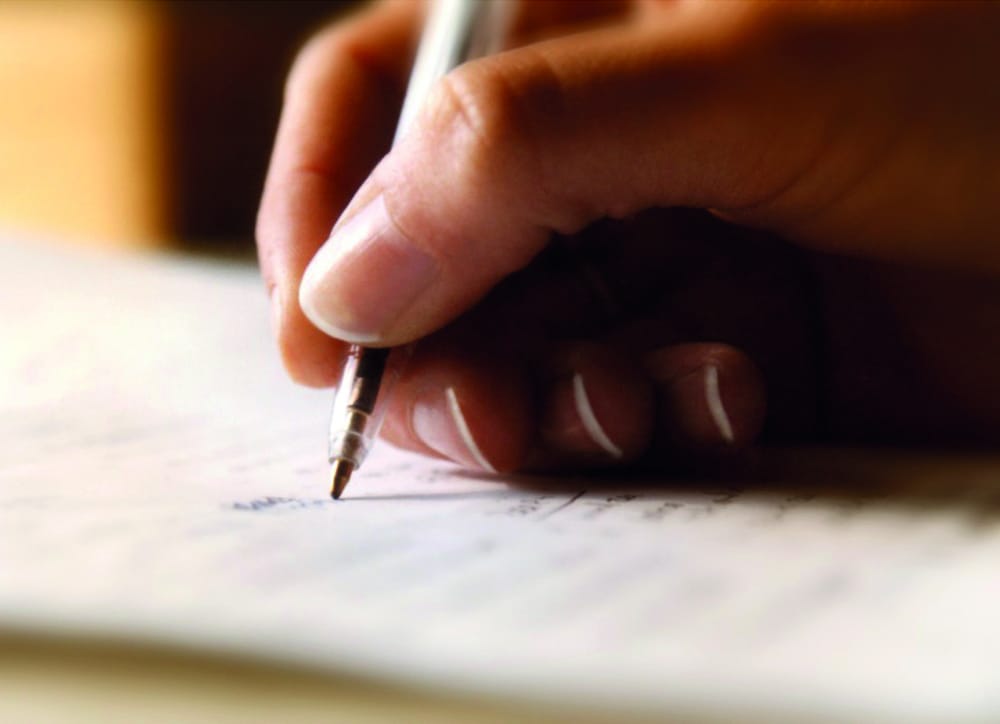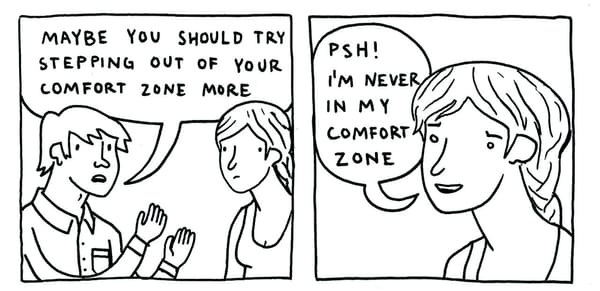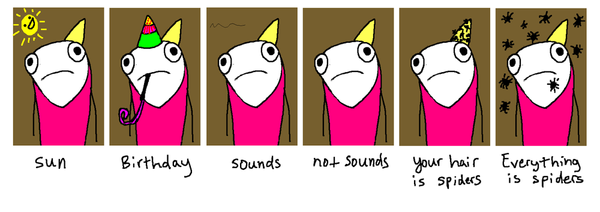Self-help tips and tricks
Chanon Wongsatayanont on coping with mental illnesses

Now that we’ve gone through some kinds of mental illnesses, it’s time we talk about how to deal with them.
Friends, families and therapists can really help but they can sometimes feel inaccessible, especially during the height of an episode.
You might have told your friends and family before and they didn’t react to it well. You might not want to tell people because you don’t want to burden them, or are scared that they will treat you differently. You might avoid therapists or professional consultants for fear of being labelled as someone with a mental illness.
But you can beat mental illnesses by yourself. I’m not talking about making it magically disappear since it’s never going to be that easy. Instead, you can learn to cope with it. You can develop a habit to deal with those phases or make them affect you as little as possible. So here are some self-help tips that you can try out.
Self-awareness
Also known as mindfulness. Basically being aware of what you think and how you feel. Being aware of when an episode is going to rear its ugly head and what thought cycles lead up to it. When you can identify what exactly triggers those phases, you can calm yourself down and prevent it from consuming you.
For those suffering from mental disorders, you might identify two voices in your head: your own and the disorder’s.
Of course, there aren’t really multiple voices, just the kind of things you think normally and what you think when you’re going through a phase. With self-awareness, you can untangle these two voices and know which of them you should listen to. If you realize this early on in an episode, you can quickly dismiss the voice of the disorder and stop yourself from slipping further.
Here’s an example. A phase of depression is often triggered by a difficult event which sets of a cycle of negative thoughts which put the blame on yourself. Before you know it, you’re depressed and when you want to feel better, you find it nearly impossible. So you become more depressed about being depressed.
If the cycle of negative thoughts is broken early, you wouldn’t have to lapse into a phase at the first place.
Keeping active
As difficult as it feels when, doing something active can be just the thing to wrest you from those monsters in your head. Playing sport, going to the gym, taking a walk in the park or just going out to buy some groceries can break you away from the familiar environment you’re always in whenever you experience the symptoms of the mental illness.
I understand, however, that ‘doing stuff’ is the opposite of what you want to do whenever you’re going through a phase. Depression can shoot down any attempts to go outside with questions like “What’s the point?” Anxiety can take you through every single scenario that can go wrong.
But by going outside you can prove those beliefs wrong.
Doing something, like sports, can lift your mood and increase energy levels. Exercising can use up adrenaline and other hormones that are produced when you are under stress, making you feel more relaxed.
You will have heard all these benefits about staying active from your mum when you’re a kid, but do give it a go. Doing something is likely better than nothing.
Make a list
Having a list of things you have to do or achieve written down in front of you will make it feel much less threatening. This is particularly relevant for anxiety because panic attacks often come when you’re overwhelmed by everything you have to do.
You might think that you’ll waste even more time making the list and it would be one more thing to add to the things you’ll have to do.
But look at this. “I will do A, B, C today, D can be done tomorrow, and E, F, G can be left until the end of the week” sounds less stressful than having all those tasks dancing around your overburdened head. It gives you a sense of control, that all these tasks are manageable and that they’re not infinite.
For depression, a list can also keep you grounded in day-to-day life, urging you to trudge on and complete what you have to do.
Doing everything in the list will give a sense of achievement that can break your cycle of negativity and self-blame.
Basically, the list can ensure productivity, making your disorder be less disruptive to your daily life.
_I hope these tips will be useful in helping yourself get out of those horrible episodes whenever you next experience it. As always, some will be more useful than others, depending on the type of person you are. _
So I would recommend that, even though you can manage quite fine on your own talking to friends, family or professionals can really help you cope with it in a way that is most meaningful to you.







